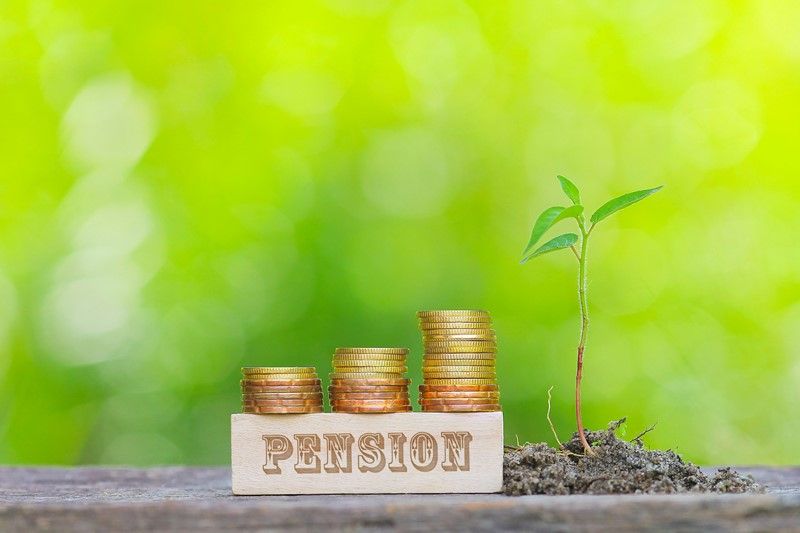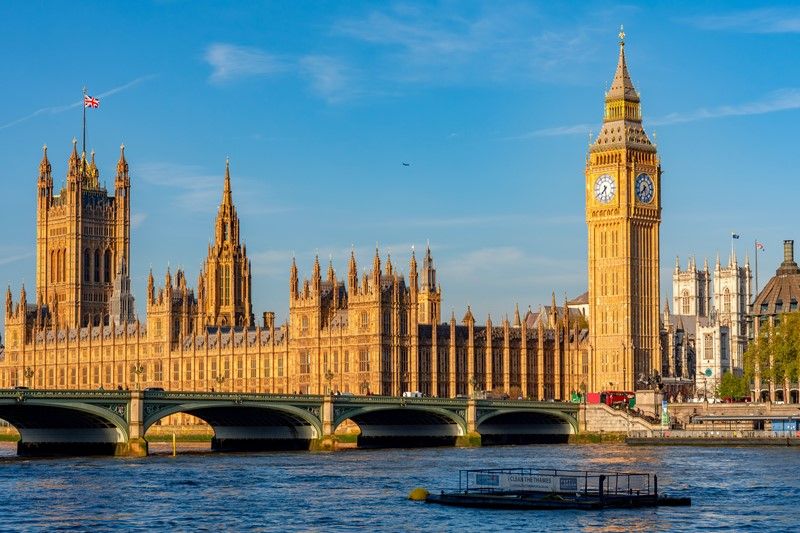Claiming tax relief on pension contributions
Private pension contributions can attract up to 45% tax relief, if you know how to claim it. Use your £60,000 annual allowance wisely and carry forward unused relief from past years to boost your retirement savings.
You can usually claim tax relief on private pension contributions worth up to 100% of your annual earnings, subject to the overall £60,000 annual allowance. Tax relief is granted at your highest rate of income tax.
This means that if you are:
- A basic rate taxpayer, you receive 20% tax relief
- A higher rate taxpayer, you can claim 40% tax relief
- An additional rate taxpayer, you can claim 45% tax relief
For basic rate taxpayers, the 20% tax relief is typically applied automatically through your pension provider—no further action is needed.
If you pay higher or additional rate tax, you can usually claim the extra tax relief.
- An additional 20% on contributions corresponding to income taxed at 40%
- An additional 25% on contributions corresponding to income taxed at 45%
The tax rates and reliefs outlined above apply to taxpayers in England, Wales, and Northern Ireland. If you're based in Scotland, different income tax bands apply, which can affect the amount of tax relief available.
The annual allowance for tax-relievable pension contributions is currently set at £60,000. If you haven’t used your full allowance in the previous three tax years, you may be able to carry forward unused amounts, provided you were a member of a registered pension scheme during those years.




